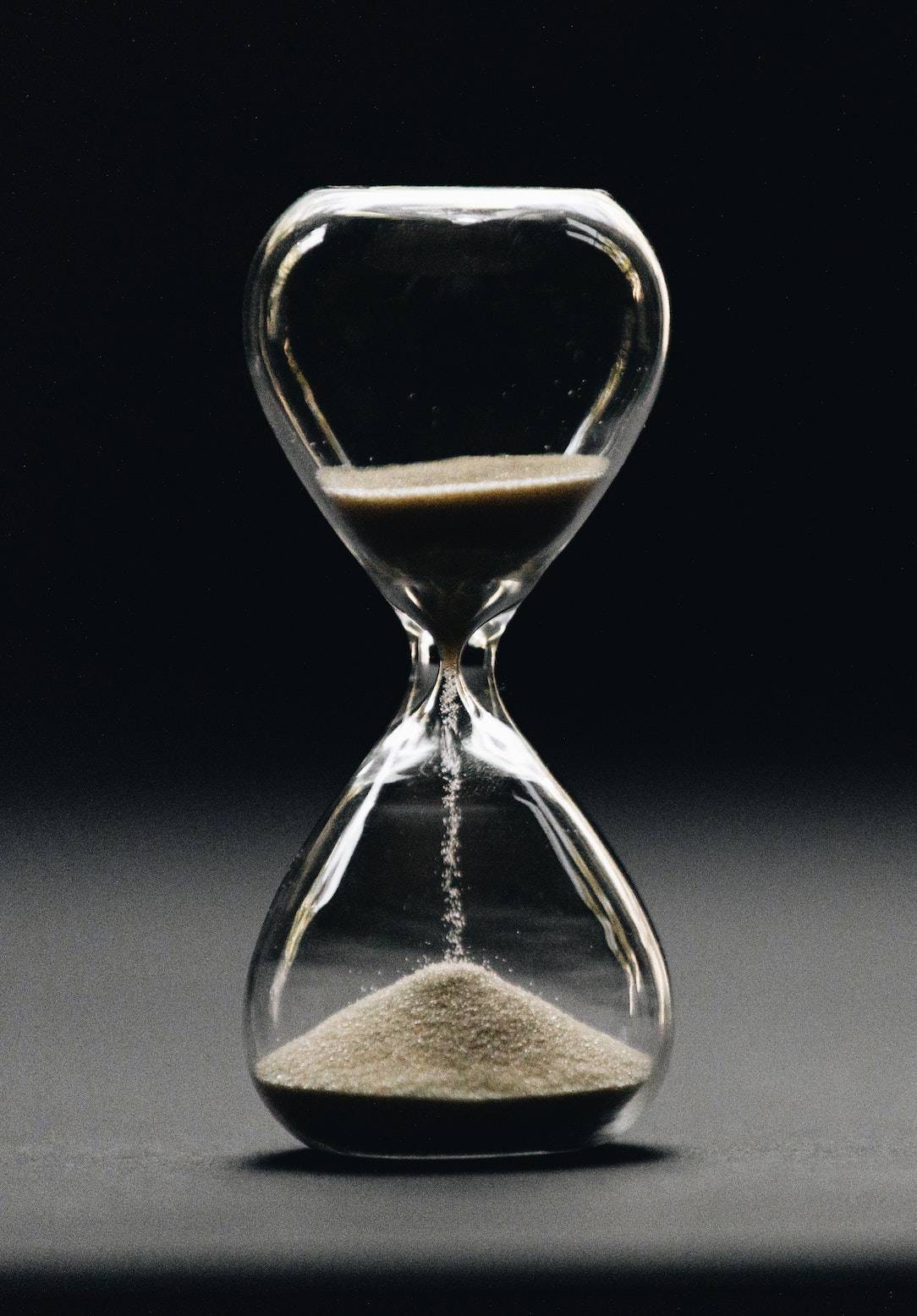
When you file for bankruptcy, the financial circumstances in your life may change in the short term and the long term. The idea of filing for bankruptcy can be scary, but it can positively change the course of your life. There is a stigma surrounding filing for bankruptcy, but many people have built strong financial futures for themselves after filing bankruptcy. If you are considering filing for bankruptcy, you are probably concerned about how it will impact your finances long term. There are some long-lasting effects of bankruptcy you may experience. However, you can rebuild your credit score and recover with a strategic plan.
- Higher Car Insurance Rates
Filing for bankruptcy can increase your car insurance rates. It may seem unfair that you will have to pay more for car insurance because you have fallen into hard financial times. If you have been able to continue making car insurance payments, why should your insurance rates increase? Nonetheless, insurance companies can legally charge higher prices to individuals who have filed for bankruptcy. Many auto insurance companies base their insurance rates on a person’s credit score. Prepare to pay a higher auto insurance price after you have filed for bankruptcy. Thankfully, your premium should decrease when your credit score increases again.
- Difficulty Obtaining a Loan or Renting an Apartment
Bankruptcy can make it challenging to get a loan or rent an apartment after filing for bankruptcy. Many landlords and lenders see bankruptcy as a red flag when deciding whether to accept a new tenant or issue a loan. In addition to difficulty renting an apartment or getting a home loan, you will not be able to obtain a guaranteed mortgage for two years after your bankruptcy has been declared final.
If you plan on obtaining a mortgage for a home, the lender may require you to make a higher down payment. Alternatively, you may have to pay higher closing costs because of your bankruptcy. As with other long-term consequences of filing for bankruptcy, this challenge will lessen over time. Within two to four years, you may be eligible for a favorable mortgage loan if you continue acting in a financially healthy way and improving your credit score.
- A Lower FICO Score and a Record on Your Credit Report
Filing for bankruptcy will go on your credit report for 10 years. You can also expect your FICO score to be lower after filing for bankruptcy. Unfortunately, there is no way to stop your bankruptcy filing from ending on your credit score and affecting your financial records. Anyone who runs your credit report will find the bankruptcy listed for the next decade.
Dealing with a low credit score is one of the most significant concerns when filing for bankruptcy. Your credit score will lower after filing for bankruptcy, depending on your starting point. For example, if you have a good credit score of 700 or higher, your score will drop over 200 points. A lower credit score can drop around 150 points. Most people who file for bankruptcy will have a credit score of 600 or below.
If you start with a very low credit score, your credit score will drop even further. When a person’s credit score drops, he or she may have to pay higher interest rates on loans. In a Chapter 7 bankruptcy, your bankruptcy will stay on your credit report for 10 years. In a Chapter 13 Bankruptcy, the bankruptcy will remain in your credit score for seven years. However, you can begin rebuilding your credit score by making payments on time and keeping any of your past-due accounts up to date. These two steps will have a big effect on bringing your credit score up after filing for bankruptcy.
Your credit report will notate all the debts discharged when you file for bankruptcy. However, the credit report is not always accurate. You can attempt to increase your credit score by reviewing it carefully and disputing any charges that have not been removed from your score after they have been discharged.
- Difficulty Finding Employment
Many employers have begun running credit checks before hiring employees. Financial management, teaching, and law enforcement jobs usually require a credit check when hiring decisions. Hiring managers may be skeptical about how to distract anyone who has previously filed for bankruptcy. Remember, employers are required to ask permission from a job applicant before seeking your financial information for a job application. A bankruptcy filing can be seen as a red flag.
- You Will Not be Able to File for Bankruptcy for a Number of Years
If you file for bankruptcy, you will not be able to file for bankruptcy again immediately. For that reason, if you are still incurring medical bills and will be for the next few months, or you are dealing with another financial challenge, you may wait to file for bankruptcy. There are time limits for how long you will need to wait to file for bankruptcy again based on the types of bankruptcy involved. For example, eight years must elapse between two Chapter 7 bankruptcy discharges.
Mitigating the Long-Term Effects of Bankruptcy
After filing for bankruptcy, you will live primarily in a cash economy for a few years. As you rebuild your credit over time, you will need to pay cash for most of your purchases for at least the first few years after your bankruptcy has been finalized. Some significant long-term consequences come with filing for bankruptcy.
You may be wondering if it is worth it to file for bankruptcy. In many cases, filing for bankruptcy is worth it, even with the negative long-term consequences. For example, when you file for bankruptcy, the court will issue an automatic stay on many of your creditors. They cannot attempt to collect payment from you while your case is in process. The bankruptcy process allows individuals to take some time to focus on their priorities and develop an effective strategy going forward.










